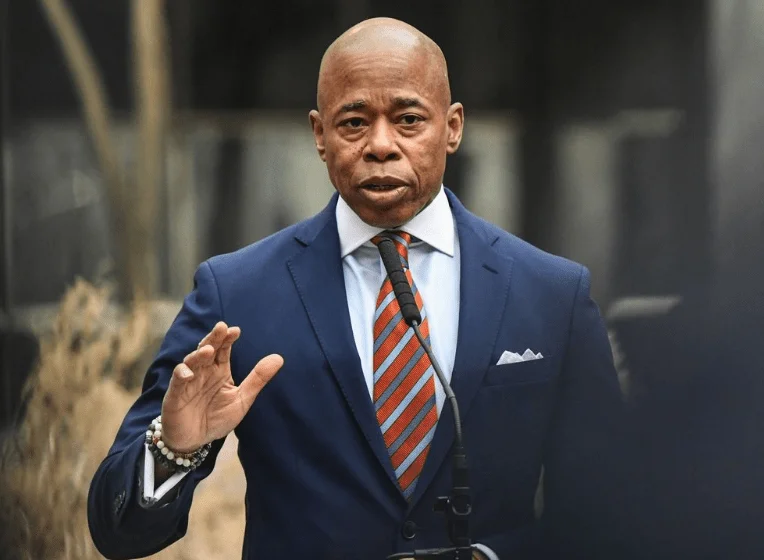During an interview session at a London crypto conference, Mayor Eric Adams of New York City has criticized his state’s BitLicensing system, alleging that it stifles innovation and economic progress.

Adams advised his state legislature peers in Albany “listen to those who are in the field” in a closing keynote interview at the Crypto and Digital Assets Summit in London on April 27, adding:
“It’s about thinking not only outside the box, but on this one, we may have to destroy the box.”
Adams is a crypto enthusiast who campaigned for mayor with the goal of making New York City the “crown jewel” of the cryptocurrency business, and who received his first three paychecks in Bitcoin (BTC).
In the interview, he stated that cryptocurrencies and blockchain technology are the “next chapters in the future” that should not be overlooked.
“New York State is the only state to require a license for crypto companies. That’s a high barrier, and it just makes us less competitive. We have to continue to be competitive.”
BitLicense
Since 2015, any “virtual currency firm” intending to provide services in New York has needed to obtain a BitLicense. The license assures that inhabitants of the state have a “well-regulated method to access the virtual currency marketplace,” according to the state’s Department of Financial Services (DFS) and that the state remains at the “heart of technical innovation and forward-looking regulation.”
When the license was first created, many crypto enterprises relocated from New York, and recent efforts to eliminate regulatory barriers and relax limitations frequently center on the license, which costs $5,000 in application fees and has unclear capital requirements set by the DFS.
Legislators in the state capital have a much tighter regulation attitude to the bitcoin industry than Adams. The New York State Assembly sent a bill to the Senate on Tuesday that would put a two-year moratorium on any new proof-of-work (PoW) cryptocurrency mining operations that use carbon energy.
Governor Kathy Hochul signed a bill into law on April 9 requiring BitLicensed enterprises to pay assessment fees to offset the cost of regulatory operation expenditures spent by the DFS, potentially costing firms tens of thousands of dollars each year.
“I’m really delighted to see Governor Hochul leaning into this business as we analyze what are the bureaucratic concerns that we need to look at,” Adams said. “It’s critical that we engage with state lawmakers and regulators.”
